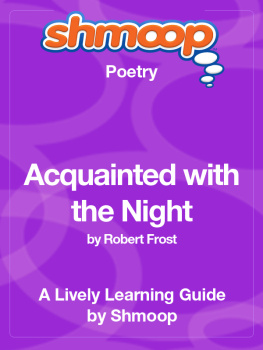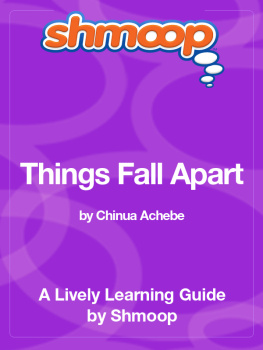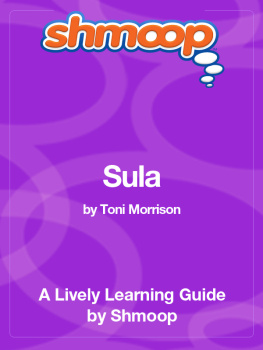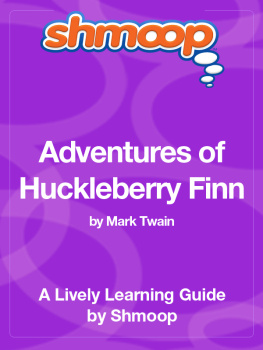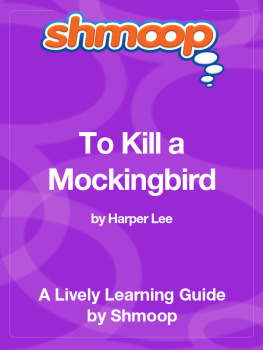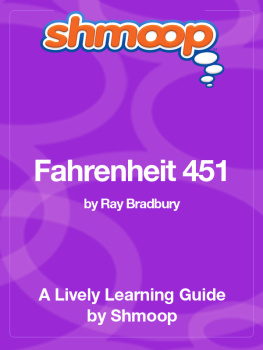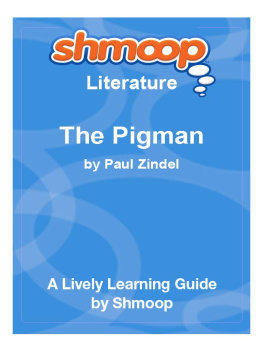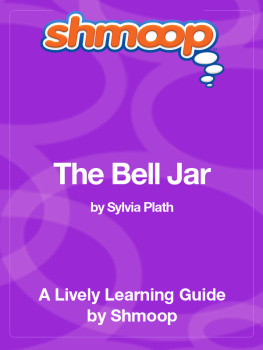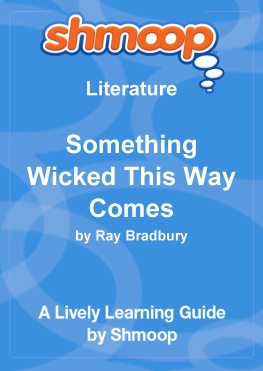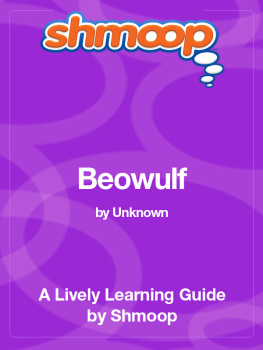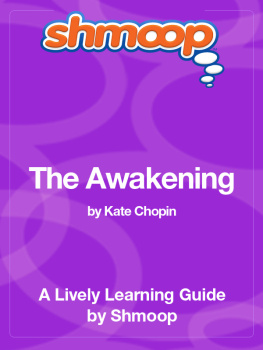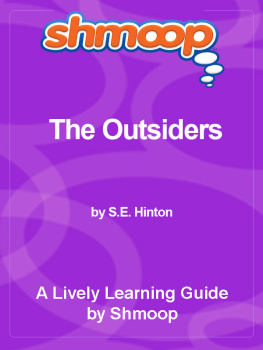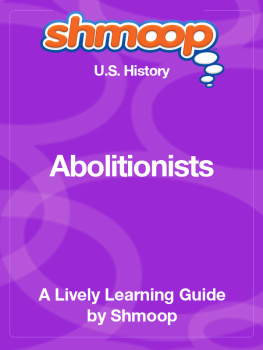Shmoop - Acquainted with the Night
Here you can read online Shmoop - Acquainted with the Night full text of the book (entire story) in english for free. Download pdf and epub, get meaning, cover and reviews about this ebook. year: 2010, publisher: Shmoop, genre: Children. Description of the work, (preface) as well as reviews are available. Best literature library LitArk.com created for fans of good reading and offers a wide selection of genres:
Romance novel
Science fiction
Adventure
Detective
Science
History
Home and family
Prose
Art
Politics
Computer
Non-fiction
Religion
Business
Children
Humor
Choose a favorite category and find really read worthwhile books. Enjoy immersion in the world of imagination, feel the emotions of the characters or learn something new for yourself, make an fascinating discovery.
Acquainted with the Night: summary, description and annotation
We offer to read an annotation, description, summary or preface (depends on what the author of the book "Acquainted with the Night" wrote himself). If you haven't found the necessary information about the book — write in the comments, we will try to find it.
Acquainted with the Night — read online for free the complete book (whole text) full work
Below is the text of the book, divided by pages. System saving the place of the last page read, allows you to conveniently read the book "Acquainted with the Night" online for free, without having to search again every time where you left off. Put a bookmark, and you can go to the page where you finished reading at any time.
Font size:
Interval:
Bookmark:

You might know Robert Frost for his more famous poems, such as "Stopping by Woods on a Snowy Evening," or "The Road Not Taken." While "Acquainted with the Night" isn't as likely to be posted on a refrigerator, it's just as fascinating and important.
Frost, who lived from 1874-1963, was born in San Francisco, but, excepting a few years living in England, spent most of his life in the northeast United States. He often wrote about the beauty of nature - but, if you read his poems closely, there can be a dark undercurrent. As you might have guessed from the title, it's not hard to find the darkness in "Acquainted with the Night."
First published in the The Virginia Quarterly Review in 1927, and then in Frost's book West Running Brook in 1928, "Acquainted with the Night" is written in terza rima. This poetic form originated in Italy, with Dante's Divine Comedy. It's much easier to find rhymes in Italian, so this cyclical rhyming form is very difficult in English, but Frost masters it. The three-line stanzas, intertwined with rhyme, trick you into thinking that you're moving forward in sound while, really, you are stuck. As we read, we'll find out how this form fits the content of "Acquainted with the Night."
Have you ever had to go somewhere by yourself late at night, and gotten a little creeped out and lonely? Or, maybe you've had the feeling that nothing is wrong...but nothing is right, either. Or maybe you've been so sad that even things that don't have feelings, like places or objects, seem sad to you. If so, this poem should speak to you.
While the poem's language and action is relatively simple, every line could have a hidden meaning, waiting to be discovered. That's what makes Robert Frost's poems so great -they can have so many meanings, so everyone can relate to them. Basically, this poem is about those creepy, melancholy times when we seem to be acquainted, but not friends, with the world. It's about those times when it seems like night will never end.
When you read this poem, it might help to think about a time when you've felt like that: try to imagine exactly what you felt like, where you were, what was around you. Though we might not have walked the exact same path as Frost does in this poem, we've all been acquainted with the night, in some way or other. Shmoop can help you begin to figure out what this poem means, but, in the end, you should create your own meaning based on how the poem makes you feel.
You can find "Acquainted with the Night" on Paper Portitude.
Line 1
I have been one acquainted with the night.
- The speaker says he has been acquainted with the night. "Acquainted" is a funny word to use - it means, basically, that he has met, or has some knowledge of, the night. It is a formal, distant, and neutral way to say something. You'd say you were acquainted with someone if you had met them, but weren't friends with them.
- So, the speaker may know the night, but he's not saying that he likes it very much. He's not saying that he dislikes it, either. Just that he's acquainted.
- Then, not only does the speaker use "acquainted," a strange word to talk about knowing something, he says it in a strange way - he "has been one," instead of he "has been." It's possible that this is written this way to keep the steady rhythm of the poem (see "Form and Meter"), but the idea of having been "one" works with the lonely tone of the poem.
- The word "one" also suggests "one of many." There could be others who are acquainted with the night.
- Pay attention to this line - part of it is in the title, and it is both the first and last line of the poem. This repetition makes this line very important to the meaning and effect of the poem.
Line 2
I have walked out in rain - and back in rain.
- The speaker has walked out and back - to and from home, or wherever he was - in the rain, and as we know from the first line, at night. This doesn't sound like very much fun.
- Instead of just saying he's walked out and back in rain, the speaker repeats the phrase "in rain" twice. This repetition makes us really feel how miserable walking around in the rain at night is.
Line 3
I have outwalked the furthest city light.
- Here, the speaker tells us that he's walked past the furthest city light. We're not sure whether he's walking outside of the city and into the country, or into a part of the city where there are no lights. But wherever he's walking, it's dark.
- This line is creepy. Though the use of the past tense throughout the poem ("I have walked") makes us think that that all of these walks may have happened at different times, we start to envision one rainy, dark night.
- We are so deep in the depths of this lonely night that there's nothing, not even a glimpse of a city light, to guide our way.
Line 4
I have looked down the saddest city lane.
- Here, the speaker is simply looking down a lane, or small street, that seems sad. Of course, we know that streets don't have feelings, but the speaker of this poem is so sad that even the street seems sad to him.
- We don't get any details about what makes this lane so sad. We can imagine that the houses are all boarded up, that there are no people there, or maybe the street is strewn with trash - but this is left up to us. All that we know from the poem is that we're seeing this street at night, and it's sad.
- The street is not only sad, but it's the saddest. This is similar to how the city light was not only far, but the furthest. The speaker wants to let us know that the kinds of nights he's writing about are not just your average dark and lonely nights, but the darkest, the loneliest.
Line 5
I have passed by the watchman on his beat
- The speaker has walked by the watchman, who is probably some sort of policeman or security guard.
- The watchman is "on his beat," which is another way to say that he's on duty, making his normal rounds.
- This is the only point in the poem where the speaker is in the physical presence of another person, even though he's in a city. Still, a policeman isn't the friendliest person to walk by on a dark, lonely night. This watchman seems to be just as cold and distant as everything else in the poem.
Line 6
And dropped my eyes, unwilling to explain.
- The speaker looks down, avoiding the glance of the watchman, because he doesn't want to explain something. We're not told what he's unwilling to explain. Maybe he's doing something that he shouldn't be doing, or maybe he is just so trapped in his own loneliness that he doesn't want to have to face another person.
- This line dashes any hope we had of the speaker making contact with another person, and making his night a little less lonely. The speaker is shy, and walks by, trying to escape being noticed.
- The speaker is also unwilling to explain something to the watchman, just like a lot of this poem is left unexplained for the reader. We don't know exactly where our speaker is, or why he's walking around at night, and, in this line, we don't even have an explanation for why we don't have an explanation! Looks like we'll have to just use our imaginations.
Line 7
I have stood still and stopped the sound of feet
Font size:
Interval:
Bookmark:
Similar books «Acquainted with the Night»
Look at similar books to Acquainted with the Night. We have selected literature similar in name and meaning in the hope of providing readers with more options to find new, interesting, not yet read works.
Discussion, reviews of the book Acquainted with the Night and just readers' own opinions. Leave your comments, write what you think about the work, its meaning or the main characters. Specify what exactly you liked and what you didn't like, and why you think so.

